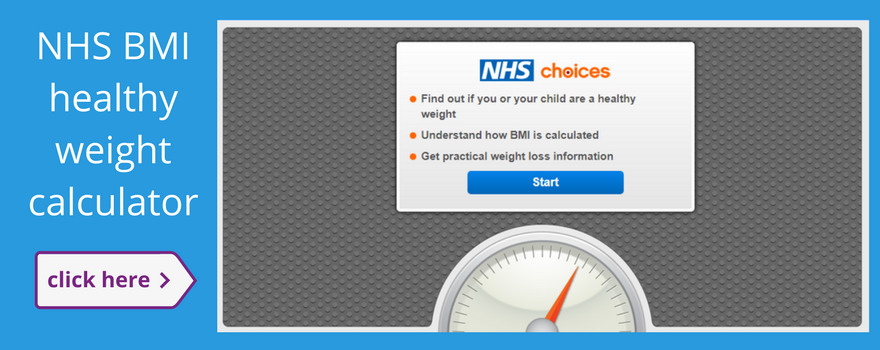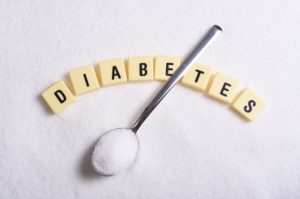Concerning new research just presented at this year’s European Congress on Obesity in Vienna indicates that almost one in eight people will have type 2 diabetes and that almost a quarter of people worldwide will be obese by 2045.
The study was presented by Dr Alan Moses of Novo Nordisk Research and contributors from University College London. You can read the full study here.
They predict a highly significant rise from 14% in 2017 to 22% in 2045 for obesity and a rise in diabetes from 9% to 12% in the same period.
What is diabetes?
Diabetes is a condition that causes a person’s blood sugar to become too high.
Type 2 diabetes (which is the most common type of diabetes) is where the body does not produce enough insulin or is no longer able to react to insulin.
Insulin is a hormone produced by your pancreas that controls the amount of sugar in your blood.
What is obesity?
Obesity is a definition of how overweight a person is. A person who is obese is someone who measures 30 – 39.9 on the BMI scale. Someone who is obese has a lot of excess fat.
How does this relate to pancreatic cancer?
Obesity and diabetes are well documented risk factors for pancreatic cancer. This means that if there is a significant rise in either of these two diseases we will likely see a rise in pancreatic cancer.
Recent studies have shown that risk is higher in people who are obese (have a Body Mass Index of more than 30). Some studies show that obese women who carry their weight on their stomach area are at an increased risk of developing pancreatic cancer.
There have been a number of reports which suggest that diabetics have an increased risk of developing pancreatic cancer.
What can be done?
Dr Moses believes that is possible to turn this trend around “despite the challenge all countries are facing with obesity and diabetes, the tide can be turned – but it will take aggressive and coordinated action to reduce obesity and individual cities should play a key role in confronting the issues around obesity, some of which are common to them all and others that are unique to each of them.”
We all have our part to play by trying to live a healthy lifestyle. For help on losing weight, the NHS offer a free plan to help you lose weight please click here to see it.
The post 1 in 8 people will have type 2 diabetes by 2045 appeared first on talkhealth Blog.






